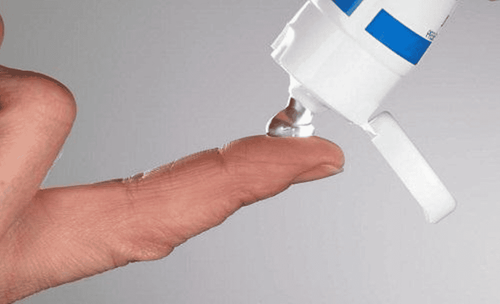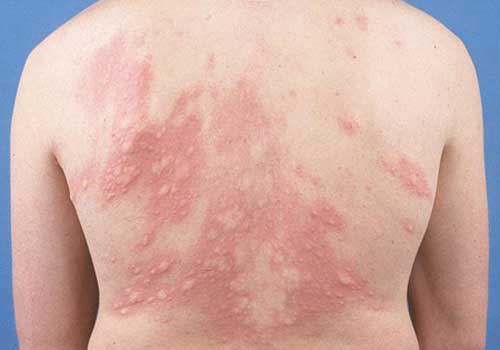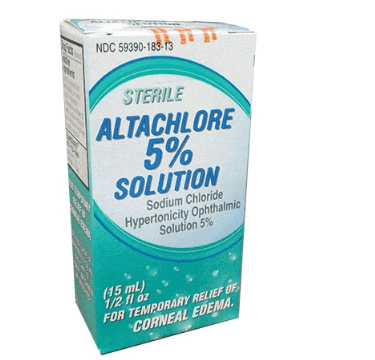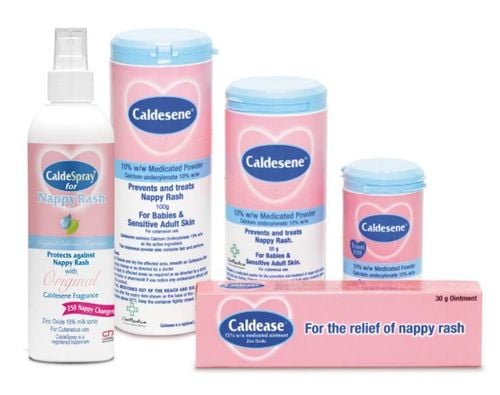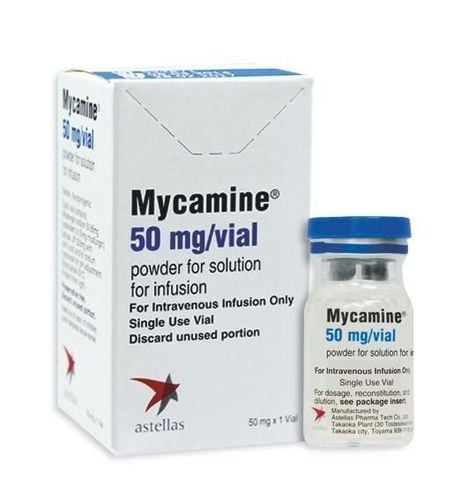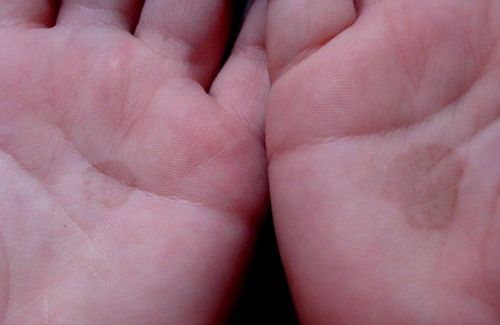This is an automatically translated article.
Tratrison drug is a topical drug, treating dermatological diseases such as: vitiligo, dermatitis, scratch infections, fungal diseases, ... During treatment with Tratrison topical, if your body appears strange symptoms, please notify your doctor for timely treatment.
1. What is Tratrison? What are the uses of Tratrison?
Brand name: Tratrison; Drug subgroups: Drugs for the treatment of dermatological diseases; Dosage form: cream. Each tube of Tratrison topical (10 grams) contains the following ingredients:
Betamethasone dipropionate: This is an anti-inflammatory. This is a powerful anti-inflammatory drug. Some of the uses of Betamethasone dipropionate are anti-inflammatory, anti-arthritic, rheumatic, and anti-allergic. Clotrimazole: Clotrimazole is a synthetic derivative of Imidazole and is chemically similar to Miconazole. This chemical has antifungal effects, inhibiting the growth of pathogenic fungi in humans. Like other imidazoles, it affects the permeability of the fungal cell wall by interfering with membrane lipids. At therapeutic doses, the drug inhibits cell wall ergosterol synthesis, but at higher concentrations Tratrison has an additional mechanism of membrane damage that has nothing to do with sterol synthesis. The mechanism of that effect is still unknown. Gentamicin sulfate.
2. What diseases does Tratrison treat?
Tratrison topical is indicated in the treatment of dermatological diseases as follows:
Eczema; Skin infections ; Scratch; Skin rash; Skin fungus; Veal Skin.
3. How to use and dose Tratrison
3.1. How to use Tratrison topical Apply a thin layer of Tratrison ointment on the affected skin and apply twice a day in the morning and evening. The usual treatment time is 3-4 weeks, if no improvement is seen, the diagnosis should be reviewed. For the treatment to be effective, the medication should be used regularly. 3.2. If in the process of using Tratrison topical, you accidentally forget to apply a dose on the skin according to the usual time, you should do it as soon as you remember. Absolutely do not apply more medicine with the thought to make up for the dose. Excessive use of Tratrison topical can damage the epidermis and cause unwanted effects. Missing a dose probably won't greatly affect the effectiveness of the treatment, but if it happens frequently, the treatment results will not be as expected. If used too much Tratrison topical will cause unwanted effects. Therefore, if you find yourself using an overdose of the drug, you should temporarily stop using Tratrison topical. Then, you go to the doctor to report for a timely treatment.
4. Undesirable effects of topical Tratrison
Topical medicine Tratrison can cause some unwanted effects on the user's health as follows:
Decreased red blood cell color, burning, erythema, exudate or itching on the skin. ichthyosis, urticaria, rash or generalized allergy. When the drug is used on a large scale, applying pressure can cause skin irritation, dry skin, folliculitis, hirsutism, acne, hypopigmentation, dermatitis superinfection, skin atrophy, streaks or millet .
5. Interaction of topical Tratrison
Tratrison topical will interact with some other medications. This interaction can cause the drug to be reduced or completely ineffective. You should pay attention to this when using the combination at the same time.
Topical medicine Tratrison reduces the activity of some of the following active ingredients:
Ca; Sulfafurazol; Heparin; Sulfacetamide; Mg; Acetylcysteine; Chloramphenicol; Actinomycin; Doxorubicin; Clindamycin. You should ask your doctor about how to handle drug interactions if you have to take Tratrison in combination with other drugs.
6. Some notes when using Tratrison topical
6.1. Contraindications of Tratrison topical Tratrison topical is not indicated for people who are sensitive or hypersensitive to any of the ingredients of the drug.
Also, do not apply Tratrison topical to open wounds, broken skin, sores, and outer ear.
6.2. Recommendations of Tratrison topical Some of the following cases should be careful when using Tratrison topical:
Children, infants: Tratrison topical may cause allergies to the baby's sensitive skin; People with open wounds should not apply the medicine directly to the wound. Cross-allergy in the aminoglycoside group. Avoid applying the drug directly to the wound, damaged skin, large area, pressure bandage. Subjects using the drug are children, infants, pregnant or lactating women. 6.3. When to stop using Tratrison topical Once you have completely treated the skin disease, you need to stop using the drug. When indicated to stop using the drug by a specialist or medical professional. When the body appears strange signs or symptoms, you should stop using it and consult a doctor for proper treatment. Tratrison drug is a topical drug, treating dermatological diseases such as: vitiligo, dermatitis, scratch infections, fungal diseases, ... To ensure effective treatment and avoid side effects, patients need to take medicine according to prescription or consult a doctor or pharmacist.
Follow Vinmec International General Hospital website to get more health, nutrition and beauty information to protect the health of yourself and your loved ones in your family.
Please dial HOTLINE for more information or register for an appointment HERE. Download MyVinmec app to make appointments faster and to manage your bookings easily.




